Sustainability and Water Credits
Water Credits: A Market-Driven Path to Sustainable Resource Management
Water credits represent a forward-thinking approach to sustainability, increasingly embraced within the environmental conservation sector. Functioning as a market-based system, water credits enable businesses, industries, agricultural operations, and other users to buy and sell usage rights for limited freshwater resources.
This mechanism creates a financial incentive for responsible consumption and encourages users to actively manage their water usage.As climate change intensifies—leading to reduced freshwater availability and rising demand—the need for efficient water resource management has become critical. Many communities and ecosystems face mounting pressure due to over-allocation and human-induced depletion of water sources.
Water credit systems offer a practical solution by allowing entities with surplus water—such as farmers with excess access—to transfer usage rights to others in need. This not only promotes equitable distribution but also supports long-term conservation efforts.
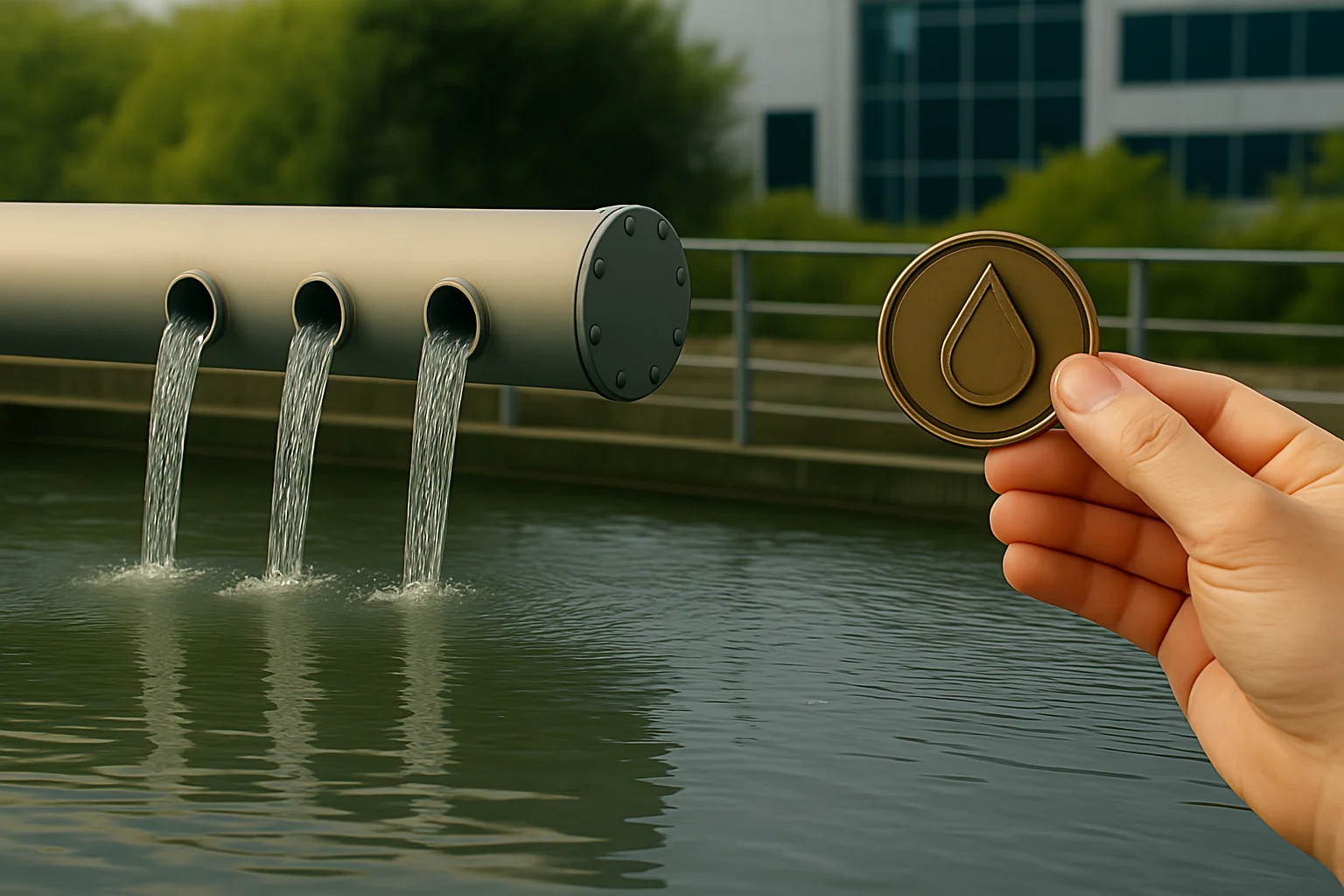
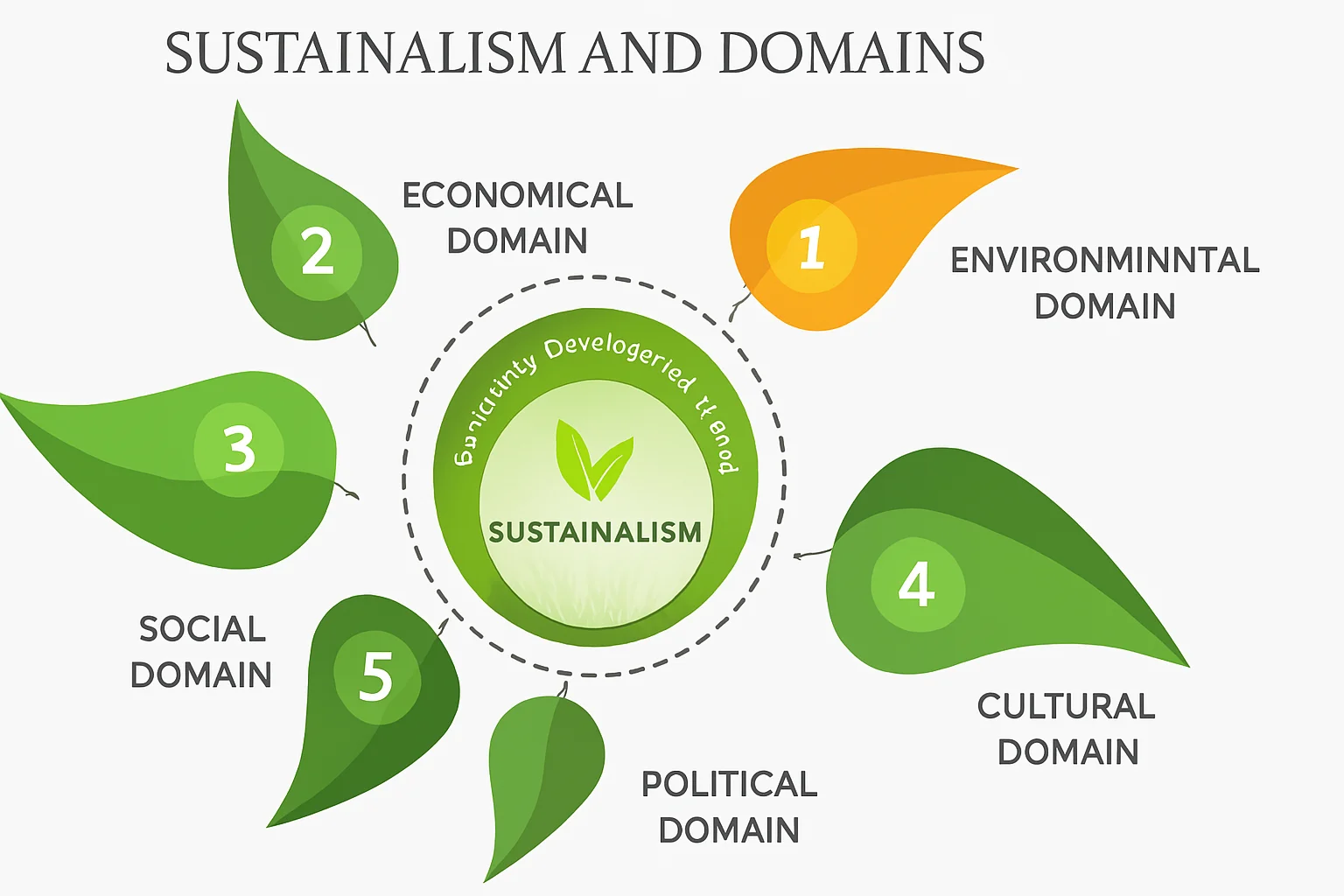
The Need for Sustainability
Sustainability and Water Credits: A Strategic Path Toward Resource Stewardship
As global resource demands intensify alongside population growth, the concept of sustainability has emerged as a critical framework for responsible environmental management. With ecosystems under increasing pressure, the adoption of sustainable practices is essential to safeguard our planet’s future.
This article explores the pivotal role of water credits—a market-based innovation designed to promote efficient water use and conservation. By incentivizing responsible water stewardship, these programs empower farmers and industries to reduce consumption and enhance operational efficiency.
We’ll examine how water credit systems function, the tangible benefits they offer, and why timely investment in such initiatives is vital to securing long-term environmental resilience.
Economic Benefits of Water Credits
Water Credits: Driving Sustainability and Economic Growth
Water credits have emerged as a powerful tool for promoting environmental sustainability while delivering tangible economic benefits to businesses, communities, and consumers. By incentivizing efficient water use, these programs encourage responsible resource management across sectors.
For companies, investing in water credits can lead to cost savings on utilities and taxes, while enhancing their reputation as leaders in environmental stewardship. This alignment with sustainable practices not only reduces ecological impact but also strengthens customer loyalty and boosts market appeal.
At the community level, water credit initiatives stimulate job creation, attract new investments, and increase tourism revenue. They also contribute to pollution reduction through improved wastewater management and more efficient agricultural systems.
Collectively, these outcomes foster economic resilience and support long-term sustainability for regions participating in water credit programs
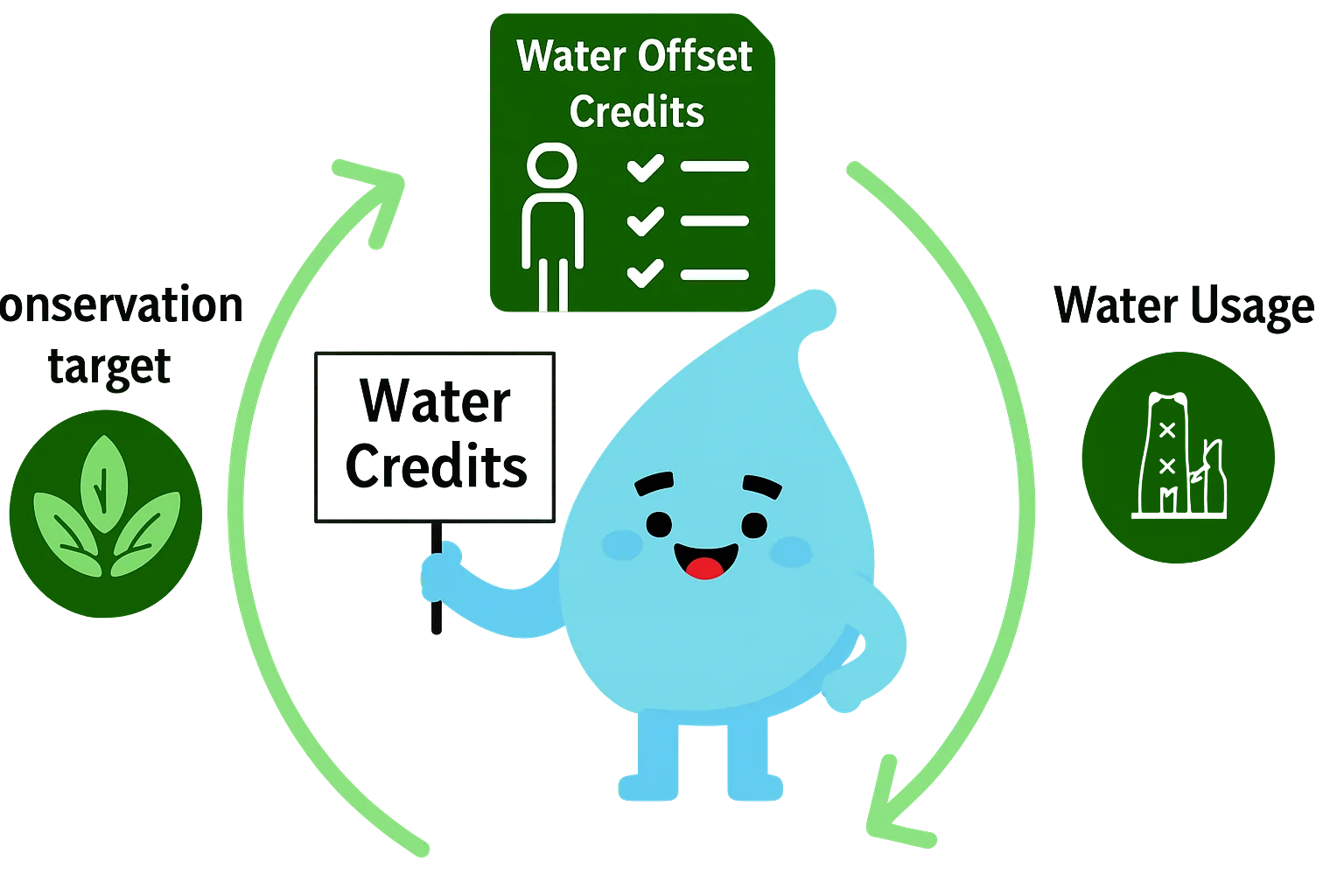
Protect Your Facility with Advanced Water Filtration Systems
Water Credits: Driving Sustainability and Economic Growth
Water credits have emerged as a powerful tool for promoting environmental sustainability while delivering tangible economic benefits to businesses, communities, and consumers. By incentivizing efficient water use, these programs encourage responsible resource management across sectors.For companies, investing in water credits can lead to cost savings on utilities and taxes, while enhancing their reputation as leaders in environmental stewardship. This alignment with sustainable practices not only reduces ecological impact but also strengthens customer loyalty and boosts market appeal.At the community level, water credit initiatives stimulate job creation, attract new investments, and increase tourism revenue. They also contribute to pollution reduction through improved wastewater management and more efficient agricultural systems.Collectively, these outcomes foster economic resilience and support long-term sustainability for regions participating in water credit programs.
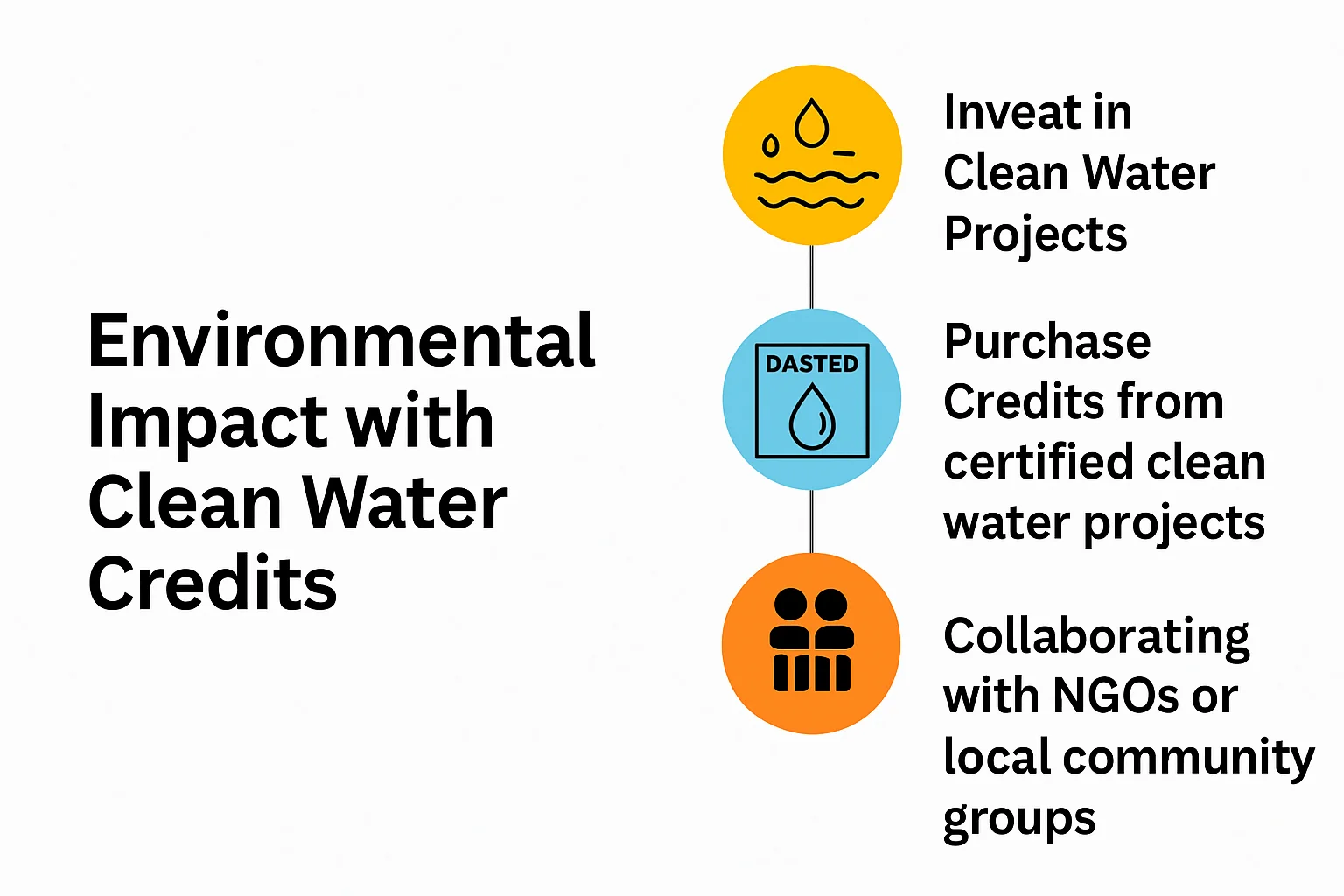
Challenges with Water Credits
Water Credits: Unlocking Private Investment for Clean Water Access
Water credits have emerged as a compelling mechanism for individuals, businesses, and organizations to support clean water initiatives through private investment. This model channels funding into projects that not only improve access to safe water but also generate sustainable income streams for local communities.
However, despite their growing popularity, water credit systems face notable challenges. Transparency remains a key concern—without clear visibility into how funds are allocated and utilized, it becomes difficult to assess the true impact of these investments.
Additionally, many water credit projects are long-term in nature, meaning measurable outcomes may take time to materialize, which can hinder stakeholder confidence and engagement.
Solutions to Challenges
Integrating Sustainability Through Water Credits and Green Practices
Sustainability has become a strategic priority for many organizations, though the path toward achieving it often presents complex challenges. Fortunately, tools like water credits offer practical solutions that make sustainable operations more attainable. These credits allow companies to balance their water usage with environmental resources by investing in conservation initiatives. By purchasing credits from organizations such as The Nature Conservancy or The Freshwater Trust, businesses contribute to vital environmental projects while offsetting their own water consumption.
Beyond water credits, companies can adopt a range of eco-conscious strategies to enhance their sustainability efforts. These include:
Reducing energy consumption through efficient lighting systems and insulation upgrades
Implementing improved waste management practices
Exploring green initiatives such as recycling programs and rainwater harvesting systems
Together, these approaches foster a more responsible and resilient operational model—one that aligns with global sustainability goals and strengthens environmental stewardship.
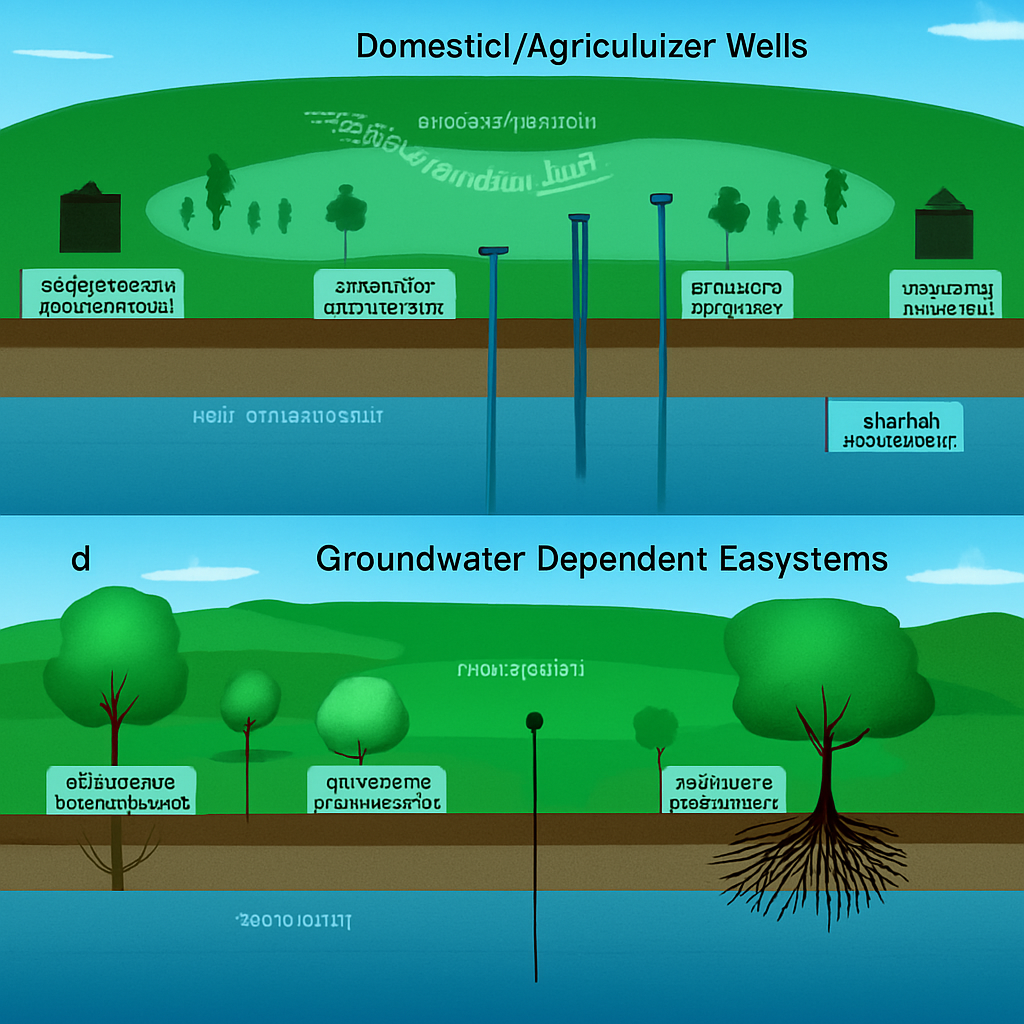
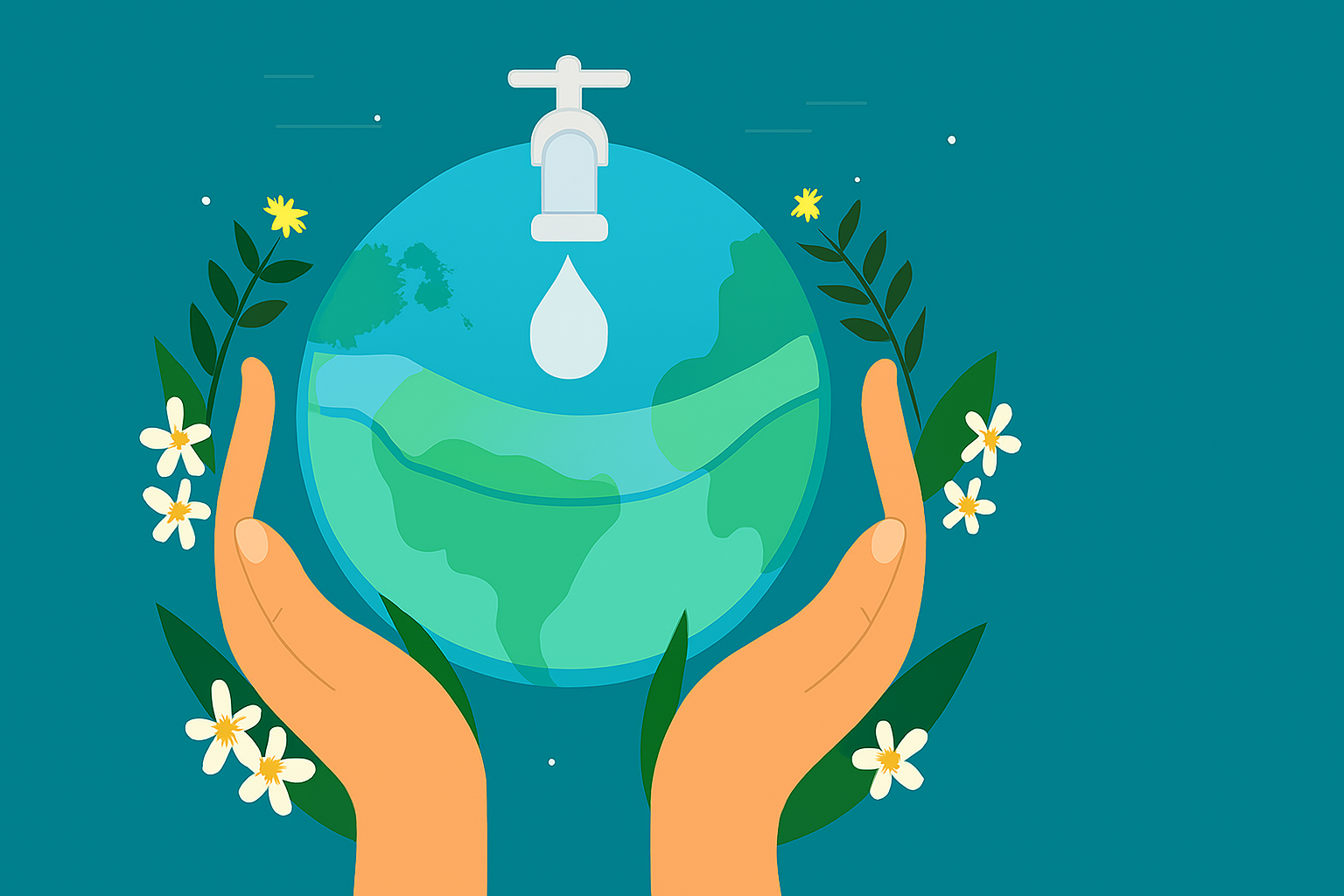
Conclusion: Sustainability & Water Credits
Sustainability and Water Credits: A Market-Based Approach to Conservation
In our article on Sustainability and Water Credits, we emphasized the growing significance of water credits as a financial mechanism for encouraging responsible water management. These systems allow organizations to trade water usage rights based on factors like location and timing, creating a dynamic marketplace that promotes conservation, ensures fair water distribution, and supports sustainable resource management.
Despite challenges in scaling and improving these programs, water credits have already proven to be effective. They present a viable solution for governments, industries, and communities to adopt sustainable practices, supported by financial incentives that foster increased investment in environmental stewardship.
Explore our blog series for more insights into sustainability innovations. Connect with us today to discover tailored solutions that elevate your environmental impact.
